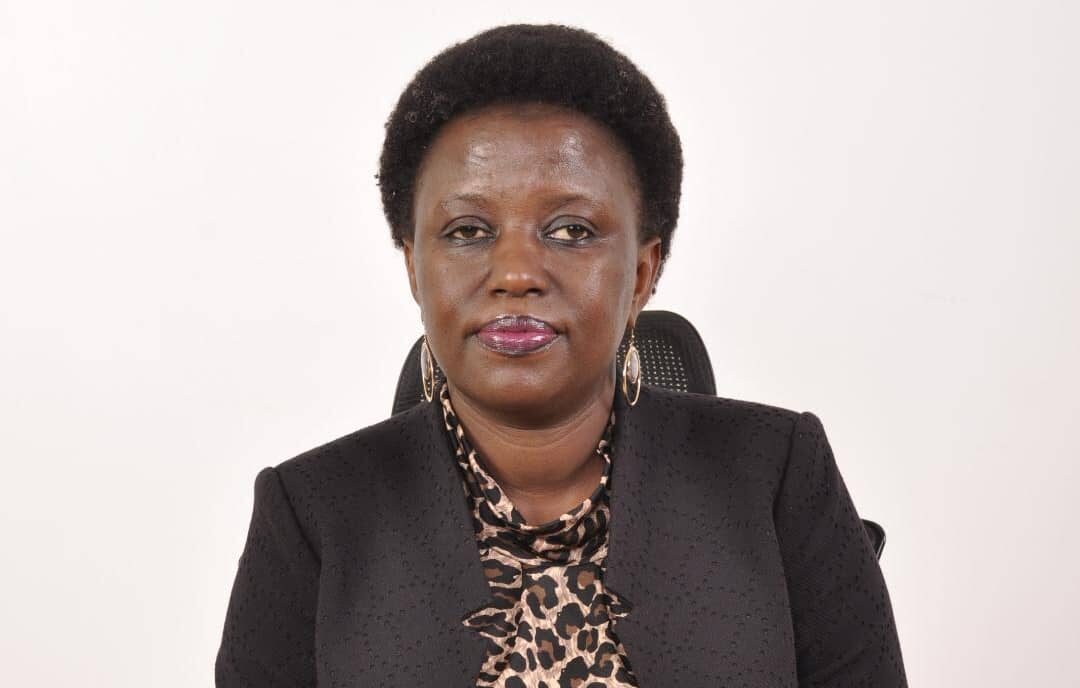The National Identification and Registration Authority (NIRA) has announced an increase in the fees for replacing damaged national IDs, raising the cost from Shs50,000 to Shs200,000.
According to NIRA spokesperson Osborn Mushabe, the same fee applies when correcting personal details on the ID if the error was made by the holder.
In addition to the fee, applicants will now be required to present a police report when requesting a replacement or correction.
The government has approved Shs666.85 billion for a major national ID renewal project, aimed at enrolling 17.2 million Ugandans and renewing 15.8 million IDs that are set to expire in August 2024.

This budget will cover the costs of acquiring new software, hardware, and other technology needed for the project, as well as the purchase of blank ID cards. It will also cover the salaries and allowances for 13,000 registration assistants and administrative expenses.
NIRA has assured the public that expired national IDs will remain valid for an additional year. They will still be accepted for accessing government services and conducting financial transactions, as per Sections 65 and 66 of the Registration of Persons Act.

Read More: Bebe Cool List 2024, Elijah Kitaka And Azawi tops the list
The renewal project is well underway. From October 20 to November 15, NIRA focused on installing and configuring new hardware for its data centre. On November 24, the first batch of 3,000 kits arrived in Uganda, accounting for 53.1% of the total 5,665 kits expected. By November 25, the Authority upgraded card printing and personalisation equipment, enabling the production of 46,000 cards per machine per day. Staff training on the new equipment also took place.

Between December 5 and 15, the first batch of 3,000 kits will be distributed to 135 districts and 11 cities, and training for registration assistants will begin.
On December 17, a further 1,668 kits will arrive, with key modules for new registrations, renewals, replacements, and changes of particulars going live. The second batch of machines will be distributed between December 26 and January 5, 2025, followed by the final batch, which will arrive on January 12, 2025. By January 20, two additional card printing machines will be installed, each with the capacity to produce 80,500 cards daily.
NIRA Executive Director Rosemary Kisembo reiterated that the objective of the exercise is to ensure all eligible voters aged 17 and above are registered and issued with national IDs. The exercise will be carried out daily, including weekends, from 8 A.M. to 5 P.M.






